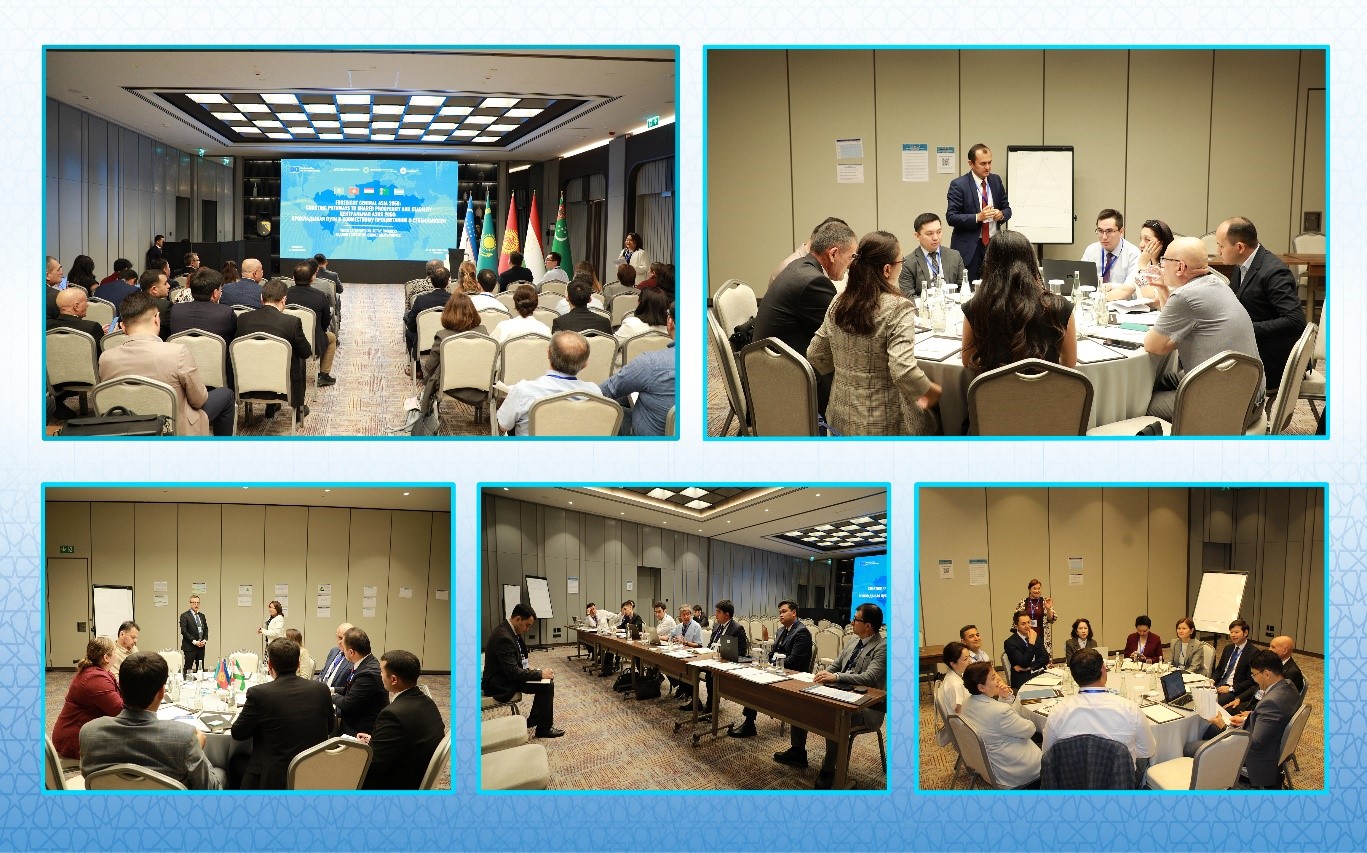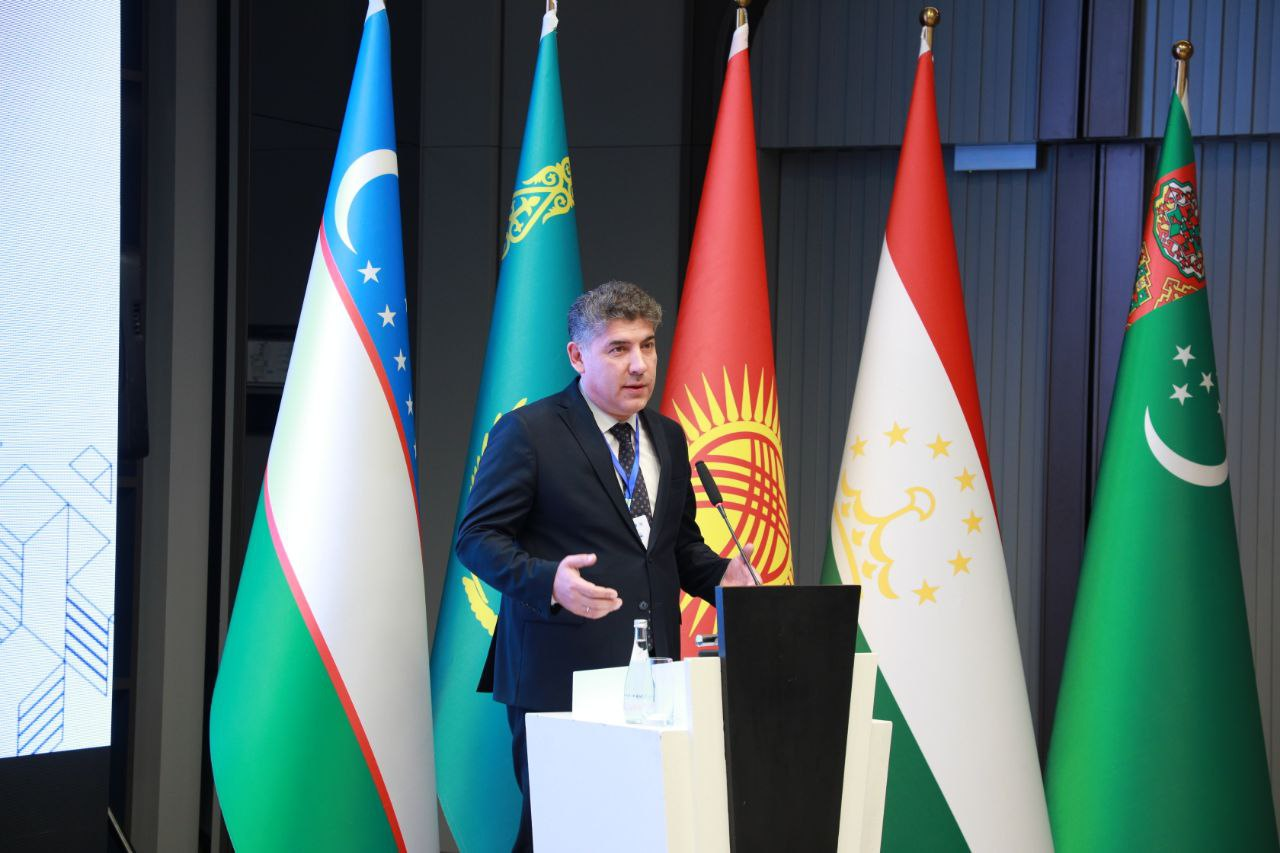Central Asian experts are jointly designing the region’s future

A regional foresight seminar “Central Asia 2050: Charting a Path to Shared Prosperity and Stability” is underway in Tashkent.
The forum, which has brought together representatives from all five countries of the region, including specialists from government bodies, experts from think tanks, and members of the academic community, is aimed at developing a shared strategic vision for the future of Central Asia and establishing sustainable political-expert cooperation to promote and implement regional initiatives jointly.
The event is being organized by the Agency for Strategic Reforms under the President of the Republic of Uzbekistan, in partnership with the Institute for Strategic and Regional Studies under the President of the Republic of Uzbekistan, the International Institute for Central Asia, and the Agency for Strategic Planning and Reforms of the Republic of Kazakhstan.

At the center of expert discussions is a 2050 forecast focusing on demographics, energy, climate, water resources, transport integration, and human capital. Particular attention is also being given to industrial cooperation and the economic complementarity of the region’s countries.
As noted by Akramjon Nematov, First Deputy Director of the Institute for Strategic and Regional Studies, the seminar is being held within the framework of Uzbekistan’s chairmanship of the Consultative Meetings of the Heads of State of Central Asia and represents the implementation of President of Uzbekistan Shavkat Mirziyoyev’s initiative on the need to develop a long-term partnership agenda in Central Asia.
According to Akramjon Nematov, in the context of growing turbulence in global politics, which, it appears, will be prolonged, strengthening regional cooperation is becoming more necessary than ever.
In Nematov’s view, the positive processes currently observed in the region are increasing the interest of extra-regional partners in Central Asia, turning the region into a point of attraction for global powers and leading states.
Nematov expressed confidence that the representative composition of the participants, the coordination of actions, and the understanding of current trends will enable a comprehensive discussion and the development of viable scenarios for the long-term growth of Central Asia. He emphasized that the initiatives developed could be used to shape the upcoming Consultative Meeting of the Heads of State of Central Asia agenda.
The event is being held with the support of the European Union Delegation to Uzbekistan.






